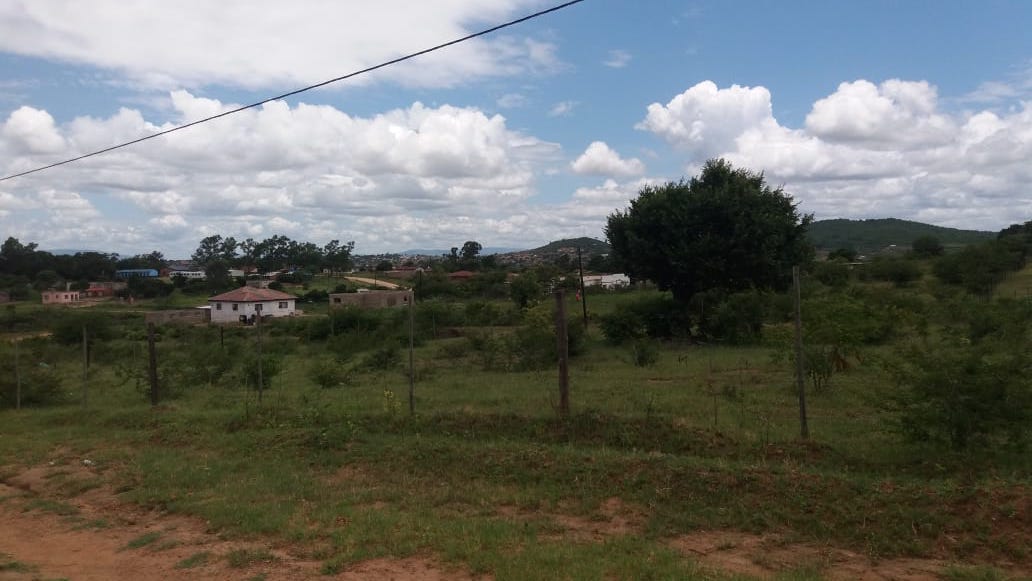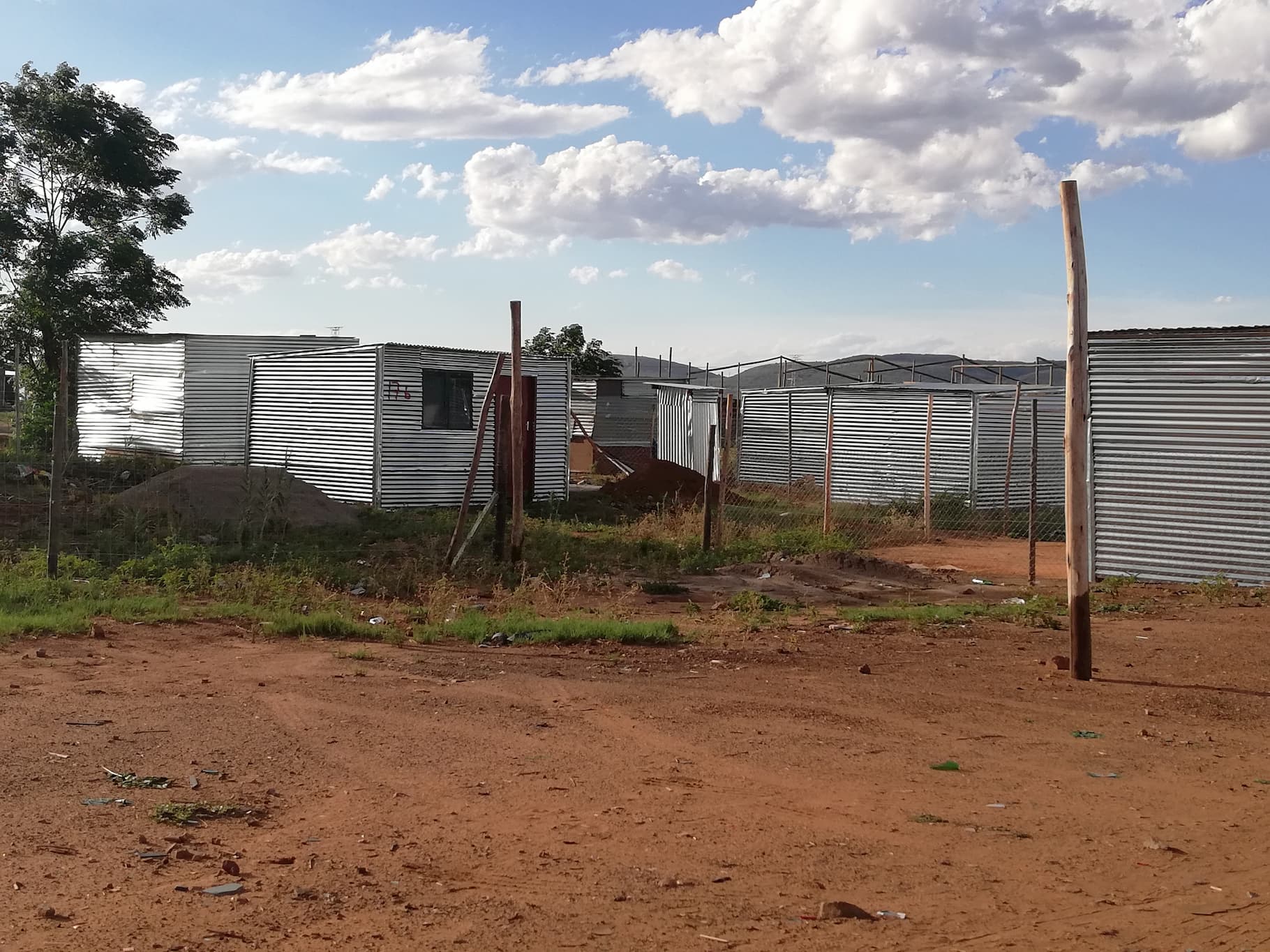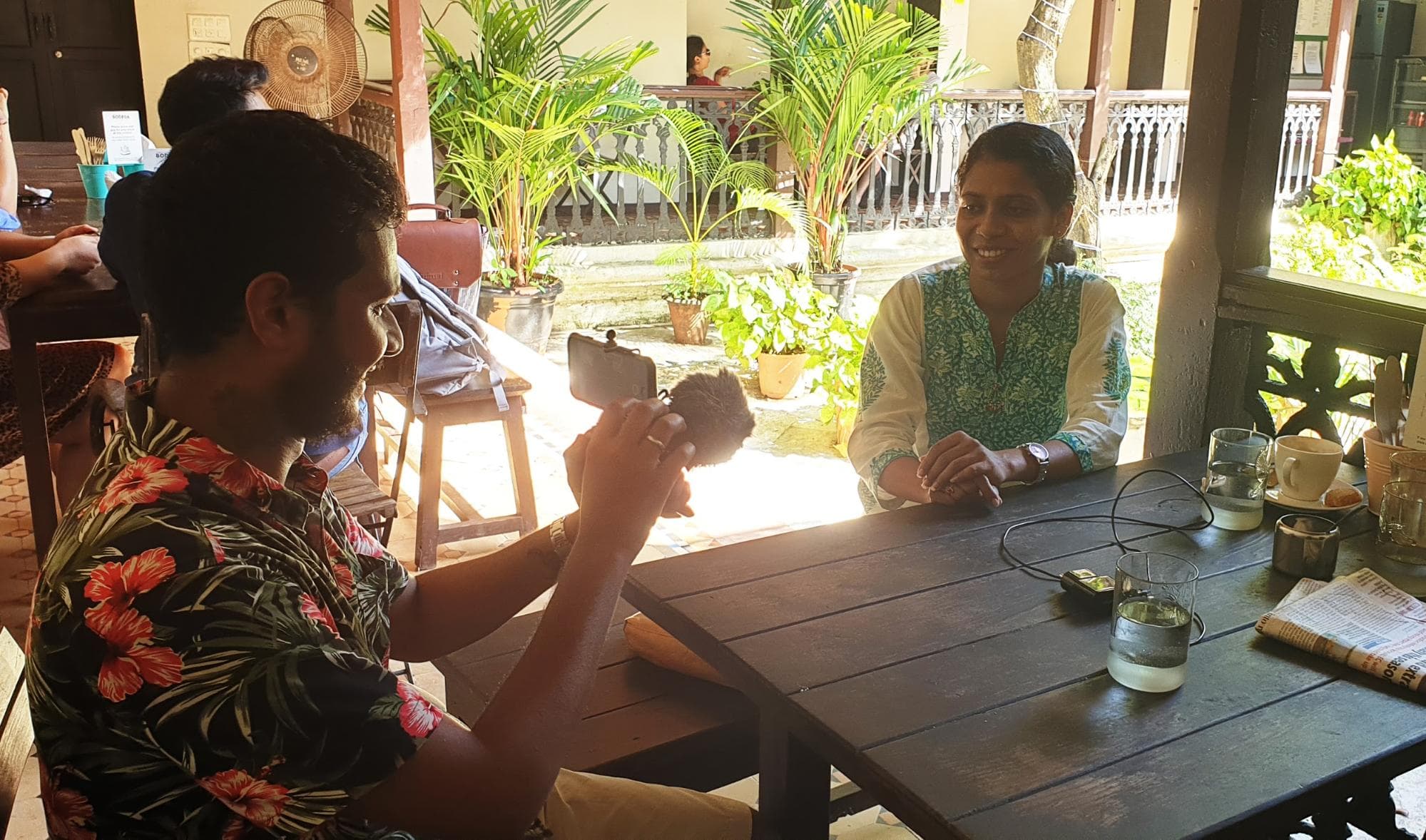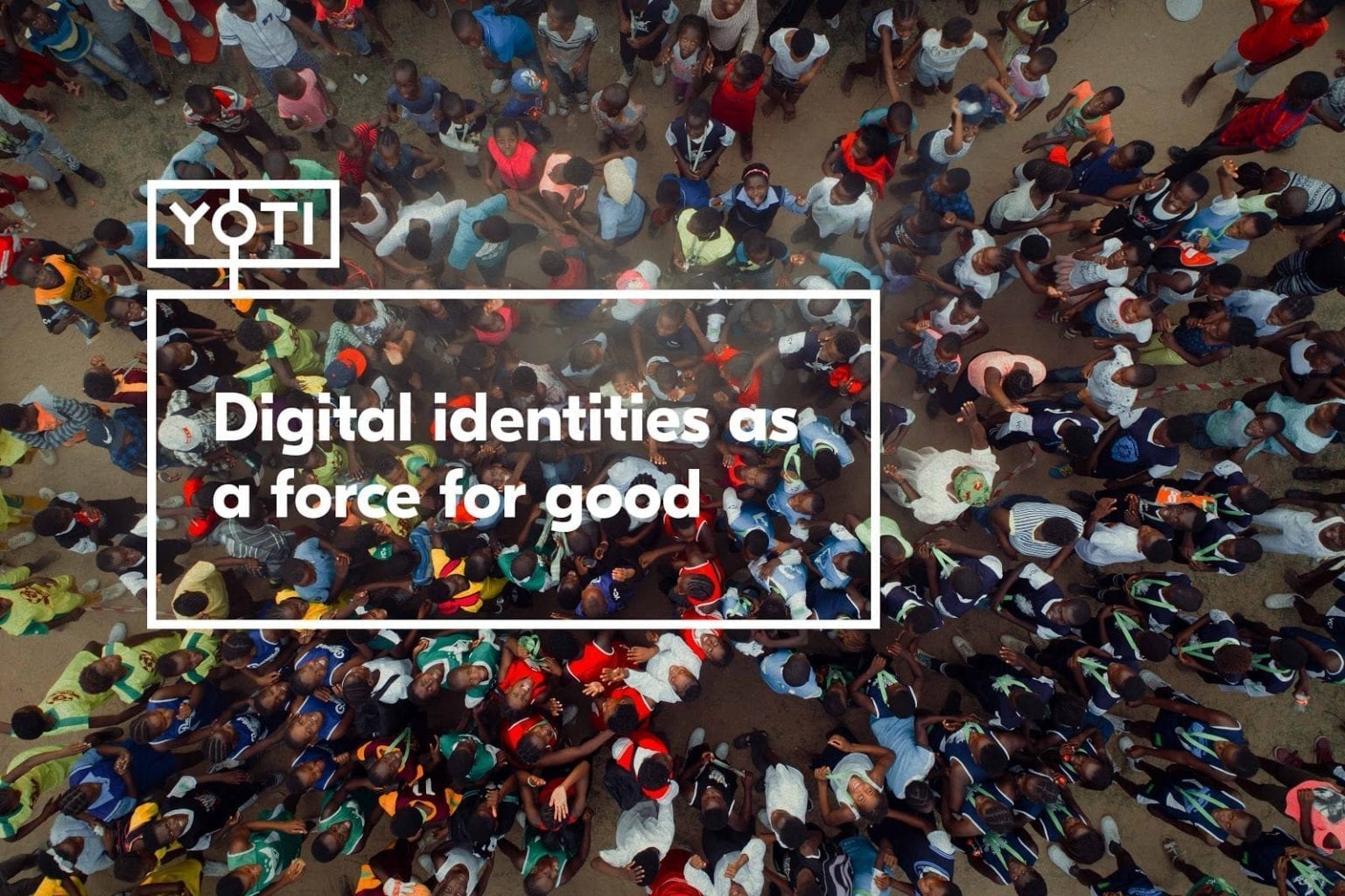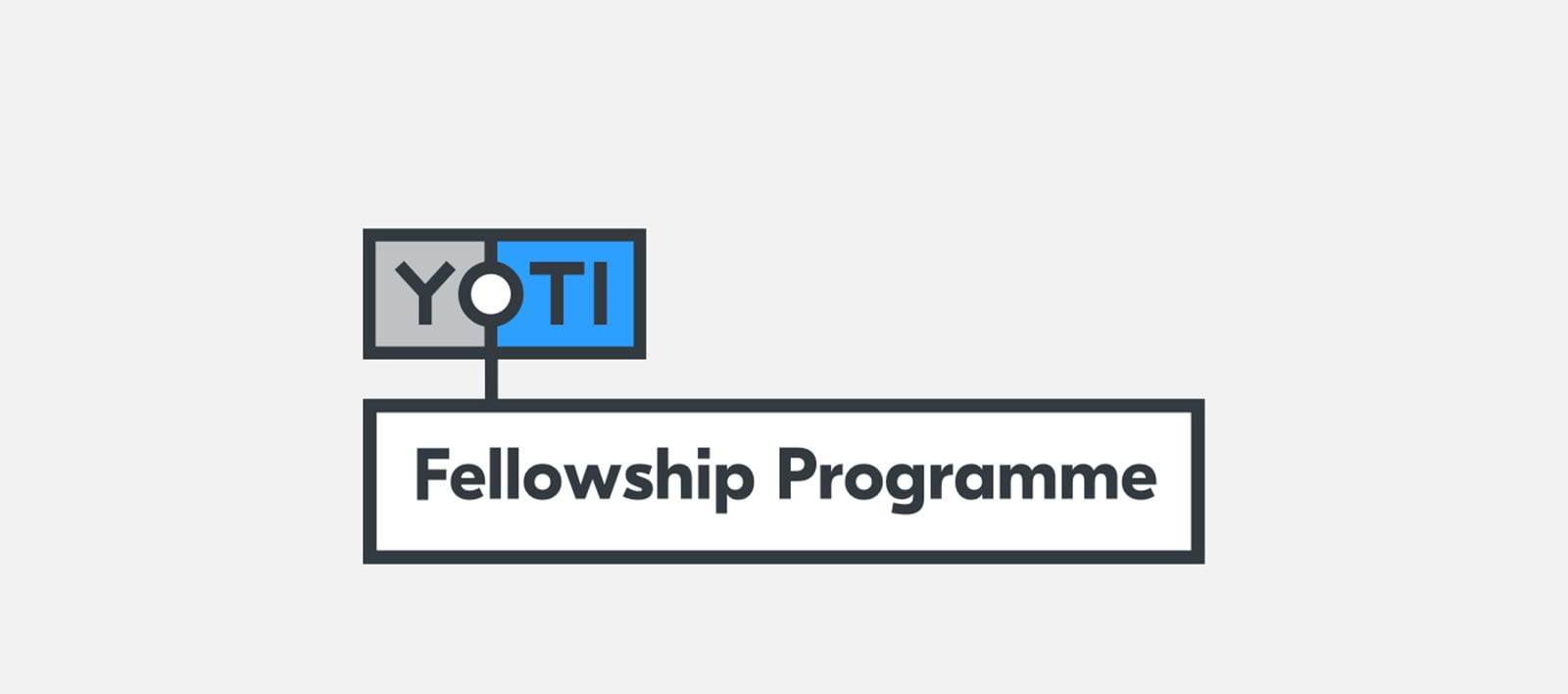Research
Updates from the field – Tshepo’s diary entry January 2020
This is the second field diary entry from Tshepo, one of our Yoti Digital Identity Fellows. His year-long research project is looking at the digital identity landscape in South Africa, with a specific focus on the national smart ID identity programme from a human rights perspective. ***** My research on digital identity and fraud in South Africa has, so far, been incredibly interesting, with most people keen to share their opinions. Encouragingly, many were also eager to share their insights on a variety of issues around the subject of digital identity in particular. My research kicked off in Gauteng, focusing
Digital ID, smart ID and identity in South Africa
This is the first field diary entry from Tshepo, one of our Yoti Digital Identity Fellows. His year-long research project is looking at the digital identity landscape in South Africa, with a specific focus on the national smart ID identity programme from a human rights perspective. *** South African SmartID Cards play a crucial role in identifying and eliminating digital identity fraud in South Africa. Future developments here will likely have repercussions for the entire African continent, given that South Africa is the most developed country in the region. My Fellowship will examine South Africa’s national digital identity programme
#MarginalizedAadhaar: Exclusion in access to public information for marginalized groups
This is the first field diary entry from Subhashish, one of our Digital Identity Fellows. His year-long research project is focused on the challenges and opportunities within marginalised groups most affected by Aadhaar, India’s national digital ID system. *** In this first of a monthly series of field diary entries, I will be highlighting the challenges and opportunities relating to access to public information for marginalized groups in India. Documentation collected in my research so far includes interactions with two major groups — marginalized communities and other stakeholders that are key to all the digital identity discourses. The first group included
Who are you when you're looking for a job?
This is the first field diary entry from Paz, one of our Digital Identity Fellows. Her year-long research project is focused on unravelling what digital identity, and identity in general, means to the unemployed and under-employed individuals receiving support from public job centres and local labour NGOs in Gran Buenos Aires and Mar del Plata in Argentina. *** What do you do when you’re job hunting? Do you go out into the streets and hand over your printed CV to anyone that wants it? Most likely, I presume, you do not. Instead, you probably decide to use the internet,
Meet the 2019 Yoti Digital Identity Fellows
Earlier this year, after an extended period of research and evaluation, we announced the launch of a new social purpose strategy. With an unashamed grassroots focus, each activity is designed to help us better understand, support and empower individuals and organisations working on critical issues of identity, primarily in the Global South. A flagship activity from the Strategy is a Fellowship Programme which we launched in April. Over a two-month application period we invited proposals for research, media, policy or development solutions based on four key themes related to identity or digital identity. With a preference for applicants from
Announcing the Yoti Fellowship Programme
We are excited to announce the launch of the Yoti Fellowship Programme, one of the signature activities from our new Social Impact Strategy. From today we will be inviting applications from individuals interested in helping unlock the potential of digital identities with a particular focus on local, grassroots issues. In return, Fellows will be offered generous financial and logistical support, expenses and a chance to have their findings shared with the wider world. See our Head of Social Impact Ken Banks chatting about the Fellowship Programme here. Yoti Fellows: Filling the knowledge deficit The majority of the digital

